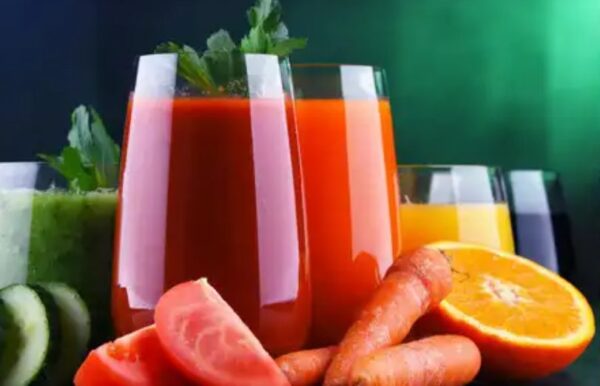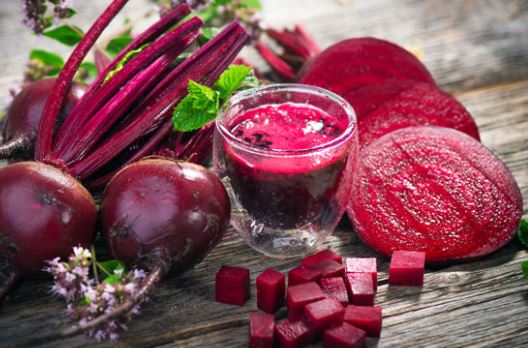Lifestyle
3 side effect of Beetroot to the health

Beetroot is one of the healthiest vegetables and a source of sucrose which makes it a viable alternative for tropical sugarcane.
Beetroot has the highest sugar content of all vegetables but is very low on calories and has negligible quantities of cholesterol. With all the benefits it supplies to the health, there’s a flip side of it.
Over-consumption of this vegetable causes an effect on your health. Here are the side effects of beetroots.
1. Causes beeturia
This is the discoloration of urine following the consumption of beetroots/beetroot juice or foods made with them. The pigments in beets, which belong to the family of betacyanins, are responsible for this.
Beeturia is a harmless condition. Reducing beetroot juice intake can rectify it. But be careful as this condition is often observed in people who are deficient in iron.
2. There’s a risk of kidney stones
Beets/beetroot juice contain oxalates, which are largely responsible for kidney stones. Consuming too much of foods high in oxalates can increase the risk of kidney stones. If you have a history of kidney stones or are at risk, please avoid beetroot juice.
3. Lowers blood pressure to a minimum risk
Beetroot juice can lower blood pressure levels to the level that can become risky to your health. So, you need to be careful with the amount of beetroot you consume.










